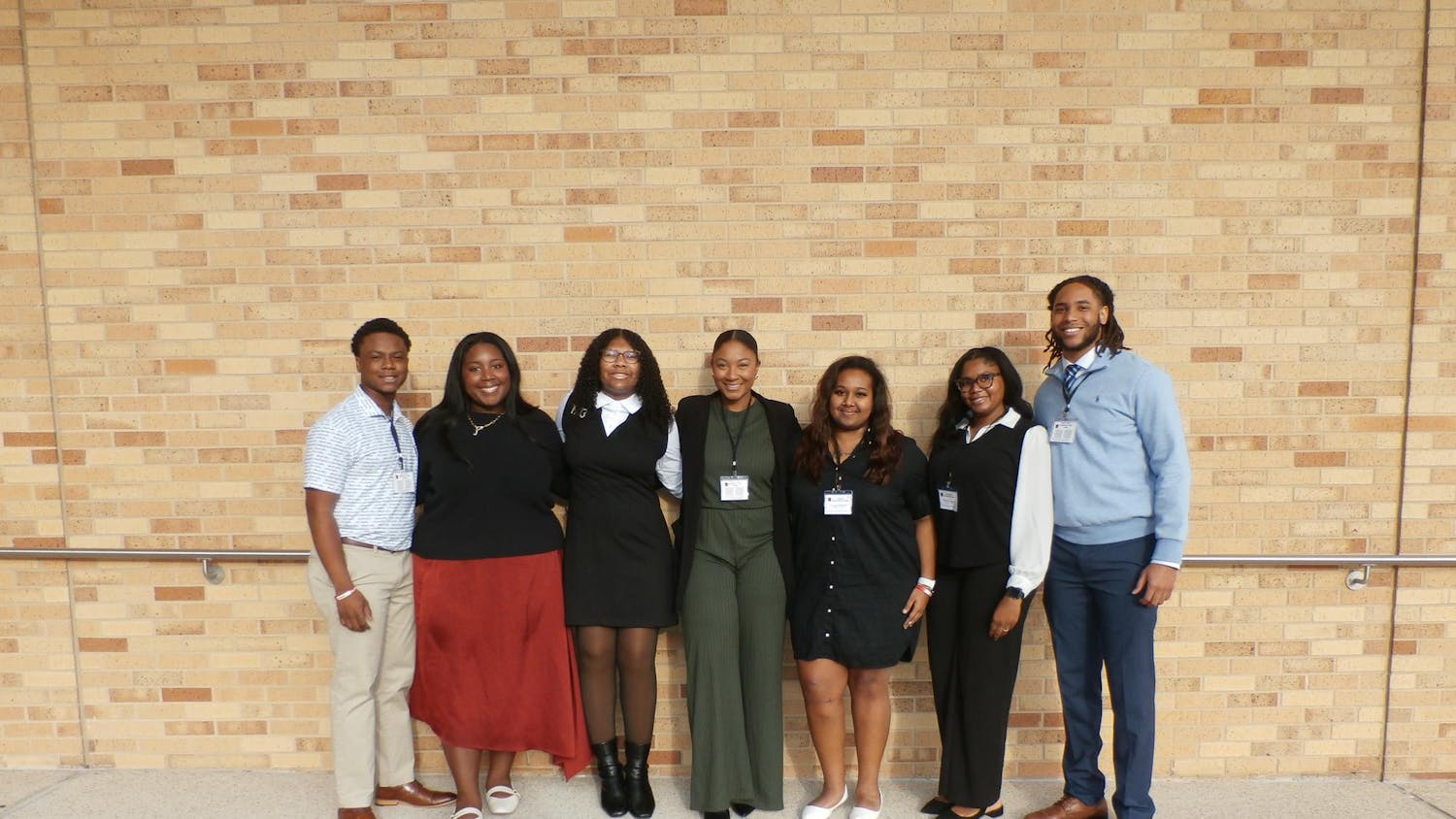During Auburn University’s move to remote instruction, students unaccustomed to online classes may have faced difficulties in keeping track of their coursework. Tutoring services like the Miller Writing Center and the Tiger Tutor program for student athletes were still available by appointment to provide guidance for assignments.
Miller Writer Center tutors were already familiar with remote tutoring because of the service’s existing online option during regular campus operations, but they were not required to continue working after campus closed in mid-March. Despite this, the MWC said many were more than willing to lend a hand to their fellow students in unfamiliar times.
“Our tutors have handled the transition with care and professionalism,” said Christopher Basgier, acting director of the Office of University Writing. “A large number of them stepped up immediately and volunteered to keep working when we made the announcement that we would be moving to remote appointments. Several even volunteered to complete the online consultation training module so they could be available to help.”
For Abigail Shashikanth, senior in wildlife ecology and management, continuing her role as an MWC tutor was about keeping a schedule for the semester when some might find it easy to procrastinate working from home.
“We already had an online program, which everyone has training in, but switching to fully online was definitely a little bit weird because the program is sometimes challenging,” Shashikanth said. “It’s been really nice to just have some routine in the day, and we [had] weekly staff meetings. It [made] it feel really almost normal sometimes.”
Working from home instead of from Ralph Brown Draughon Library came with a few challenges that separated it from the normal tutoring experience, MWC staff said. One thing was maintaining stable internet connections between tutors and clients.
“The internet can be spotty at times, but we have discovered that has more to do with the client’s internet than our online appointment platform or Auburn’s network,” Basgier said. “In general, it’s been a smooth transition.”
Additionally, tutors’ reliance on others in person when they need assistance themselves is no longer possible because of remote work, Shashikanth said.
“In normal semesters we do both online and real appointments; we still have to come into work if we have an online appointment,” she said. “Normally if [tutors] have a question or get stuck on stuff, then [they] can turn around and ask one of [their] coworkers or go talk to the front desk, whereas you don’t have that here. You have group chats and there’s sometimes Zoom and stuff, but I feel like there’s not that support we’re used to.”
The Tiger Tutor program also saw similar obstacles, including time zone differences between tutors and student athletes that complicated scheduling sessions more than usual.
“There are always challenges when you are working with different schedules, so when you add the sudden transition to remote course delivery and tutoring it takes some time to work out the bugs,” said Kathryn Flynn, senior associate athletics director for Auburn Athletics’s Student-Athlete Support Services. “The tutors have been very diligent, accommodating time zone issues and revised course schedules.”
Scheduling was affected for the MWC in how tutors had to modify when they were available to provide sessions to clients with changes in personal circumstances, Shashikanth said.
“Everyone who wanted to work got a brand-new schedule with reduced hours,” she said. “I had just picked up three or four extra hours halfway through the semester and only got to enjoy that for maybe two weeks and then everything shut down.”
These adapted schedules had to account for a lower number of clients requesting tutoring, which administrators of both programs said they observed in the first month of remote instruction.
“I’d say the number of sessions has decreased overall, but this appears to be related primarily to changes in courses driven by the transition to remote delivery,” Flynn said of the Tiger Tutor program.
The MWC reported that it received about half as many registered appointments in comparison to the weeks before spring break but anticipated higher interest around finals at the end of the semester.
“At last check [in mid-April], about 46% of our available appointments had been utilized in the month since spring break, which is down somewhat from previous spring semesters,” Basgier said. “We expect those numbers to go up in the last couple weeks of the semesters.”
Auburn’s move to online has meant that two services will be better prepared for online sessions even after students return to face-to-face classes on campus. Flynn said that the Tiger Tutor program, like many classes and group meetings, used Zoom to organize appointments after spring break and will continue doing so until campus reopens.
“We will provide tutoring to student-athletes enrolled in the remote summer 2020 semester, [and] we will continue to offer support to student-athletes even if fall 2020 is remote,” she said. “I will say hiring and training tutors will be a different experience!”
Basgier was grateful for the MWC’s online appointments in place before this semester and said the Office of University Writing is looking to further improve them in the future.
“We’ve prided ourselves on our ability to serve Auburn students who are enrolled in distance programs,” he said. “Now everyone is in a ‘distance’ program. We’re hoping to build upon this success in the future by testing out a video conferencing option for our system, which currently uses a chat box and virtual whiteboard space.”
Though the University said recently that it plans to hold face-to-face courses in the fall, Basgier said remote appointments will continue over the summer and beyond if necessary.
“We are going to remain fully remote during the summer rather than change course midway when our consultants may have already made plans to work remotely,” he said. “If the University decides to stay remote for fall semester, we will continue to offer online appointments, hopefully with the video conferencing option ready to go.”
Do you like this story? The Plainsman doesn't accept money from tuition or student fees, and we don't charge a subscription fee. But you can donate to support The Plainsman.





